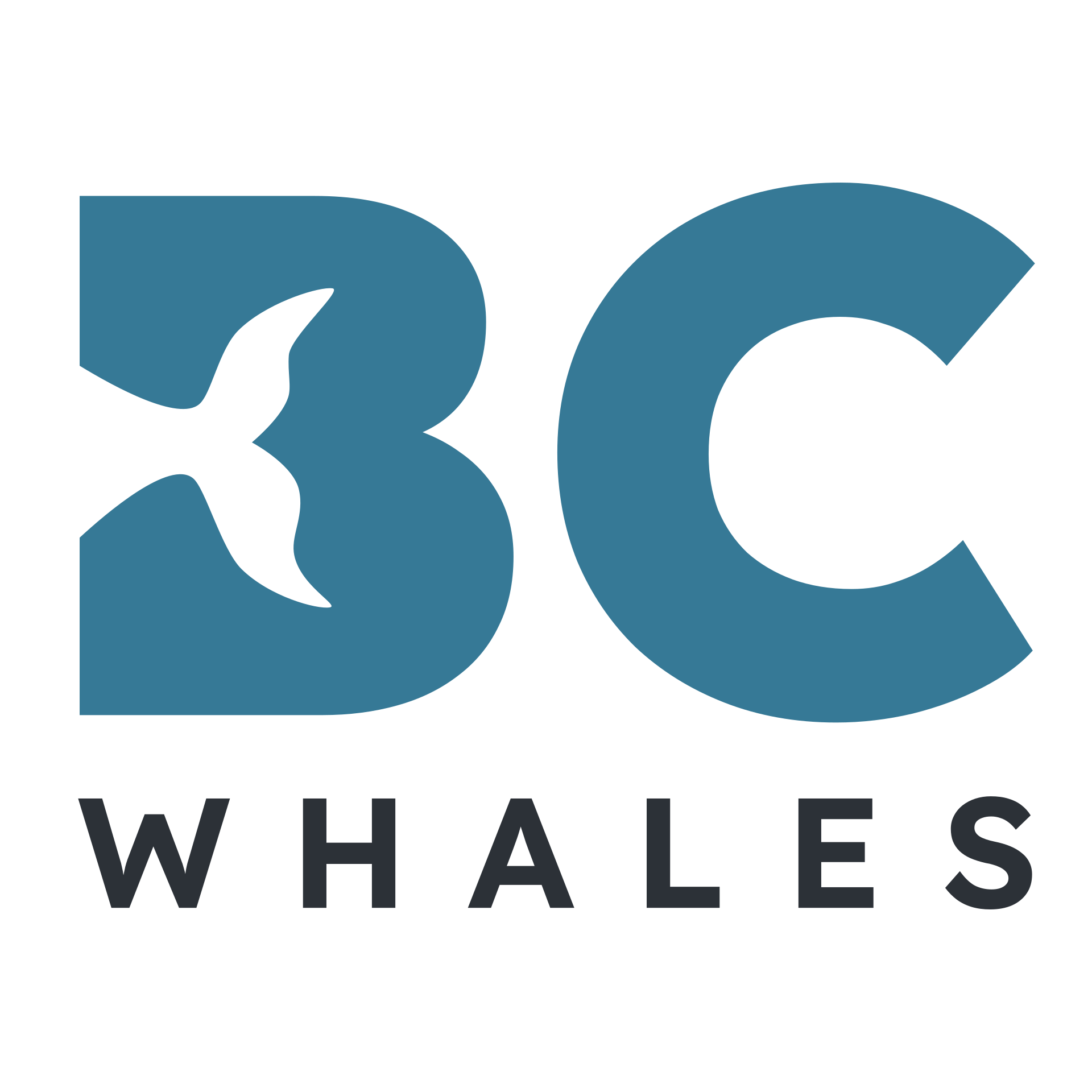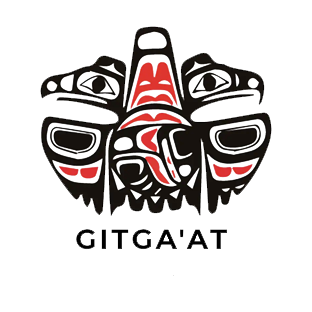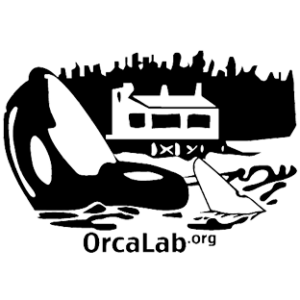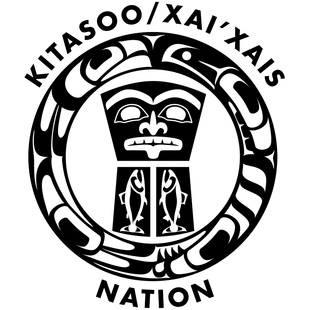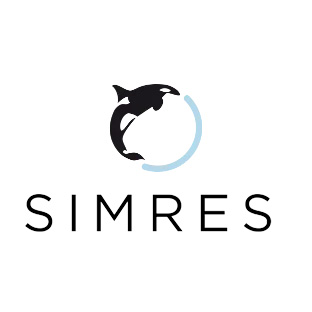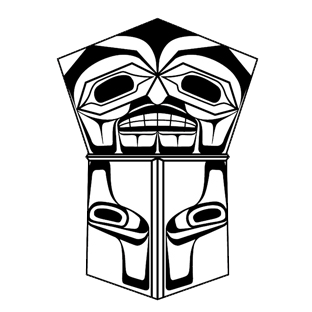Who We Are

Whale Sound is a collaboration of Indigenous communities and NGOs, who share a long history of working together to better understand the marine soundscape of BC.
We have done this through multiple platforms of marine and land-based surveys, combined with acoustic monitoring. This has led to many interesting discoveries regarding the culture and acoustic traditions of different whale species, which you can learn about throughout this website. Our shared philosophy is to focus on non-intrusive research methods and to always show respect for the well-being of whales.
We understand that whales are a highly evolved, intelligent, and self-aware species that have captivated the hearts and curiosity of many.
Together we have developed a coast-wide acoustic information system with a user-friendly interactive map and dashboard that tracks whales and the underwater soundscape of the BC coastline. The data that has been collected is a massive acoustic library available to help researchers, territorial stewards, conservation-minded individuals, & decision-makers. Using this data, we can identify trends in noise levels within different regions of the coast, along with the potential impacts on whale habitat usage and behavior. It is also a great resource for comparing the acoustic behavior of whales in relation to different levels of noise in their environment. The tools we have developed will assist in the mitigation of marine protected areas and slow down zone for whales.
The BCHN is a great example of the strength of partnerships and the spirit of collaboration. We believe that if we continue working as one we can ensure the continued recovery of whales along the coast of BC.
Our Partners
BC Whales
The North Coast Cetacean Society – BC Whales was founded in 2001 and is a non-profit, charitable whale- research organization with 22 years of dedication towards research, education, and the protection of whales within British Columbia waters. Their research includes marine and land based surveys, drone research, PhD and Masters student projects and acoustic monitoring. In 2001, with permission of the Gitga’at First Nation they built the research station known as Cetacea Lab, and in 2016 the Fin Island Research Station. Both stations have given researchers and local community members the opportunity to live remotely with whales to study their behavior in their natural environment. Their objective has always been to protect habitat for the long-term survival of whales along the coast of BC recognizing the importance of robust scientific research in conjunction with community outreach in having tangible impacts on protection of habitat for all whales.
Gitga’at First Nation
Gitga’at First Nation is located on British Columbia’s remote northwest coast, the present-day home community of the GITGA’AT NATION is Hartley Bay. The Gitga’at have been stewards of their land and its resources since time immemorial, and their surroundings are deeply tied to their customs, daily life, and cultural identity.
OrcaLab
OrcaLab was founded in 1970 on Hanson Island, known as Yukusam in the traditional territories of the ‘Namgis, Mamalilikulla and Tlowitsis First Nations in the Johnstone Strait area of northern Vancouver Island. The work of OrcaLab is based on the philosophy that it is possible to study the wild without interfering with lives or habitat. OrcaLab is a pioneer of passive real time acoustic monitoring and technology. They established a network of hydrophones, positioned around the orcas’ core habitat in the Johnstone Straight and Blackfish Sound to monitor their movements and communication between family members, pods and clans. Supplementing the acoustic data are land based visual sightings of orcas as they pass OrcaLab, identifying the social dynamics and travel patterns of both resident and biggs orca populations. They have been instrumental regarding protecting the Robson Bight Rubbing Beaches used by resident orca and recently added surface and underwater cameras in key locations to document habitat use and assist in an highly effective outreach program. OrcaLab’s operational philosophy is learning without interference.
Kitasoo/Xai’xais
The Kitasoo/Xai’xais community and its leadership, ensure that Kitasoo/Xai’xais laws, customs, traditions, policies and practices are included in resource planning and management decisions, and advocate for the recognition of Kitasoo/Xai’xais Aboriginal title and rights. Klemtu is the home to the Kitasoo/Xai’xais Nation.
SIMRES
SIMRES (Saturna Island Marine Research & Education Society) was founded as a community-based non-profit society in 2013, and has been operating hydrophones in Boundary Pass south of Saturna Island since 2014, with four currently in operation, and one or two more being planned. SIMRES academic collaborators are based at the University of Victoria, at Simon Fraser University in Vancouver and in Washington State, USA. SIMRES also has extensive operational collaboration with the Marine Mammal Reporting Desk (Canadian Coast Guard) in Sidney, DFO local staff and DFO Enforcement staff, Gulf Islands National Park Reserve staff, Port of Vancouver, the ECHO (Enhancing Cetacean Habitat and Observation) program, Ocean Wise, and JASCO.
Heiltsuk
Heiltsuk – Bella Bella, BC, is home of the Heiltsuk Nation.

